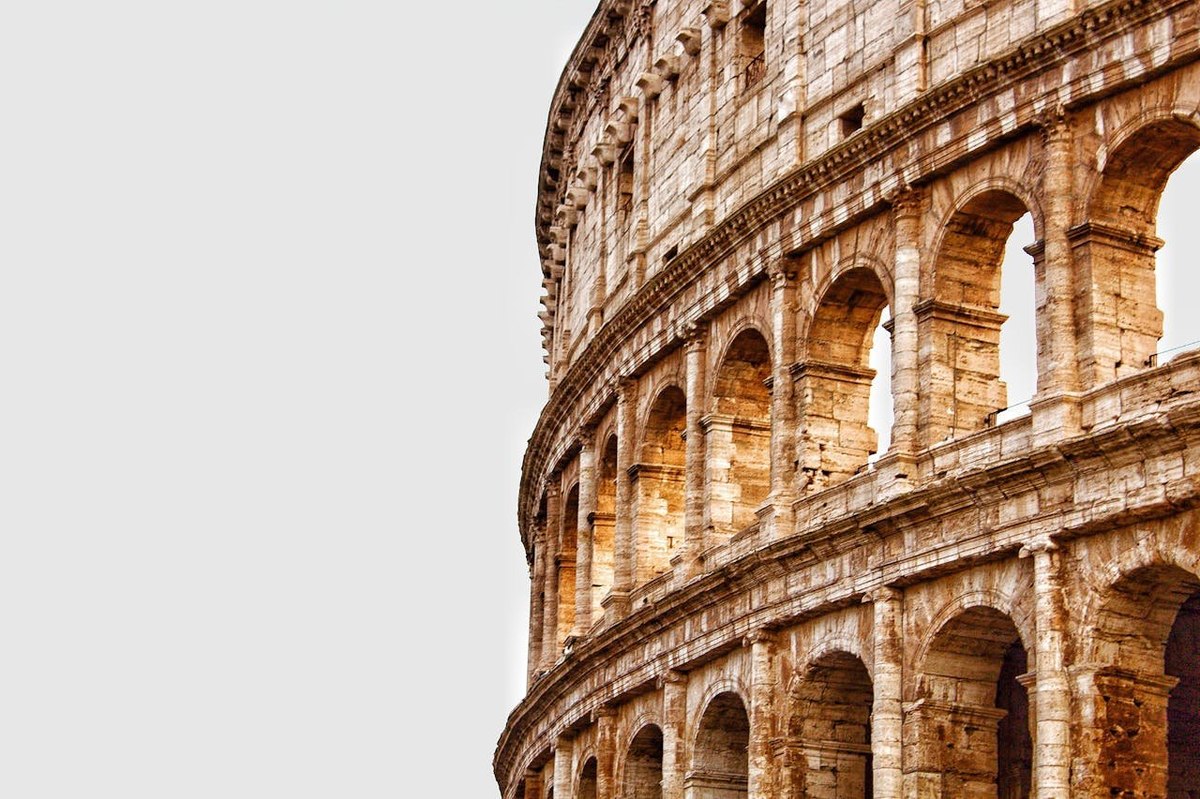- YouGov DestinationIndex data (Oct 2024 – Oct 2025) shows widening partisan divides in Americans’ intent to travel abroad, even as overall interest remains stable.
- Canada and France show the sharpest partisan gaps, widening by 8–10 points over the year amid new tariff measures and NATO funding disputes under the Trump administration.
- Italy remains the most stable market, with minimal partisan movement, while the UK and France see Republican intent cooling.
YouGov DestinationIndex data tracking Americans’ intent to travel abroad highlights widening partisan divides across several major destinations. While overall interest in travel to these destinations has been mostly steady, Democrats and Republicans are increasingly split in their willingness to visit major overseas markets. The data, spanning from October 2024 to October 2025, reveals differing patterns across markets.
In this piece we focus on the four most heavily considered overseas destinations among Americans from the year ago period – these are Italy, Canada, the UK and France (in that order).
Italy
Intent to visit Italy, in spite of being bumpy, has ended at a comparable level among US adults compared to a year ago, moving from 23.2% to 24.1% in that period. The partisan gap has widened (relatively) modestly — from around 5.6 to nearly seven points — as Democratic intent rose to 27.6% and Republican intent held flat near 20%.
Unlike some of the other markets in the list, Italy hasn’t been involved in too many contentious diplomatic engagements with the Trump administration. In fact, the US president is widely believed to have cordial relations with Italy Prime Minister Georgia Meloni. This may perhaps explain the relative stability in travel intent across both sides of the political divide in the US.
Canada
Americans’ intent to travel north of the border rose marginally from 22.4% to 23.8%, but partisan differences have intensified. Democratic intent jumped from 27.2% to 34.8%, while Republican intent fell slightly to 12.7%, widening the gap from 14 to more than 22 points—the largest of any market studied.
This growing polarization can perhaps be attributed to a more combative tone in US–Canada relations, especially during the early days Trump’s second term in office. This period was marked by tariff hikes on Canada almost immediately after Trump took office and contentious rhetoric — including a comment likening Canada to “the 51st state.”
It’s worth noting that the divergence in travel consideration for the northern neighbor began almost immediately after the Trump administration came into office, perhaps an outcome of Canada being one of the first countries being a target of US tariffs alongside Mexico and China.
United Kingdom
The UK’s overall travel appeal has dipped from 22.1% to 19.8%, even though Democrats’ intent has stayed level near 27%, while the score among Republicans has dropped steadily from 16.8% to 12.8%. The partisan gap has therefore widened from roughly 10 to 14 percentage points.
Despite the long-standing “special relationship,” the US administration’s calls for higher NATO spending from other partners, trade friction and conflicting approaches to the Russia-Ukraine conflict appears to have subtly reshaped the tone of the transatlantic relation. The UK remains one of the most popular long-haul destinations for Americans, though enthusiasm among right-leaning audiences appears to have cooled.
France
Overall travel intent to France has slipped slightly, from 17.3% to 16.9%, but partisan contrast has widened sharply. Intent among Democrats stands at 24.1% as of 16 October (up from 22% a year ago). In the same time, the score among Republican registered Americans has slipped from 11.6 to 8.8, causing the partisan gap to rise to 15 percentage points.
The US–France relationship has had a few ups and downs amid disputes on climate policy, NATO spending and tariffs. In early April, Trump also condemned France’s conviction of Marine Le Pen – a key political rival of French President Emmanuel Macron – in a EU fund embezzlement case as a “witch hunt by European Leftists”.
Differing positions on the Russia-Ukraine conflict has also been a hot button issue, with Macron responding to Trump’s initial attempts at diplomacy with Russia saying that “peace cannot mean the surrender of Ukraine”.
Image Credit: Andrea Albanese on Pexels
